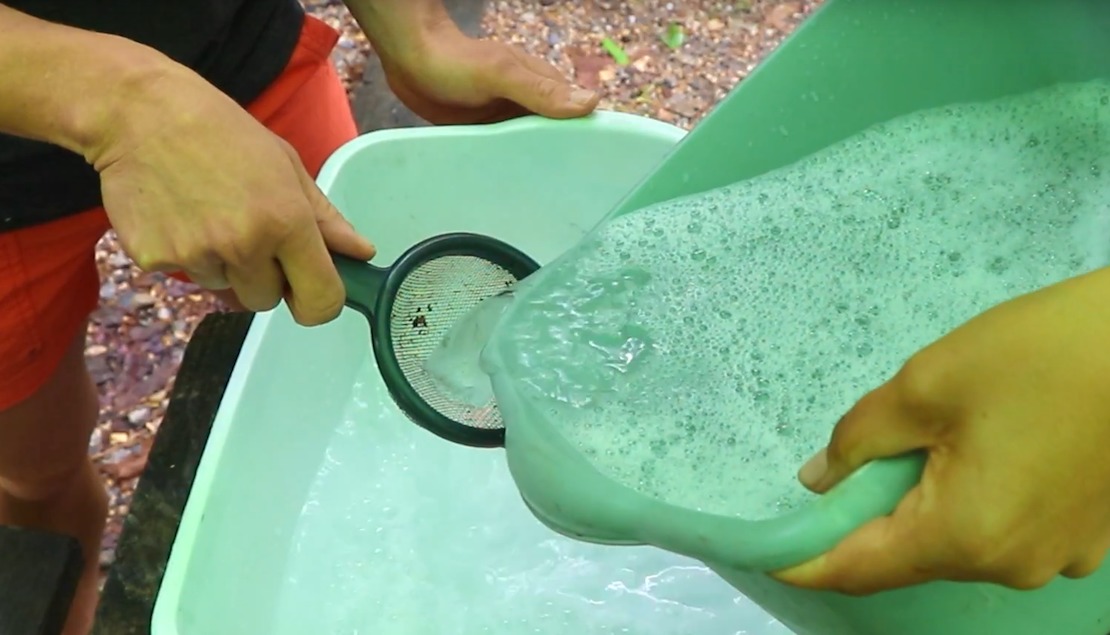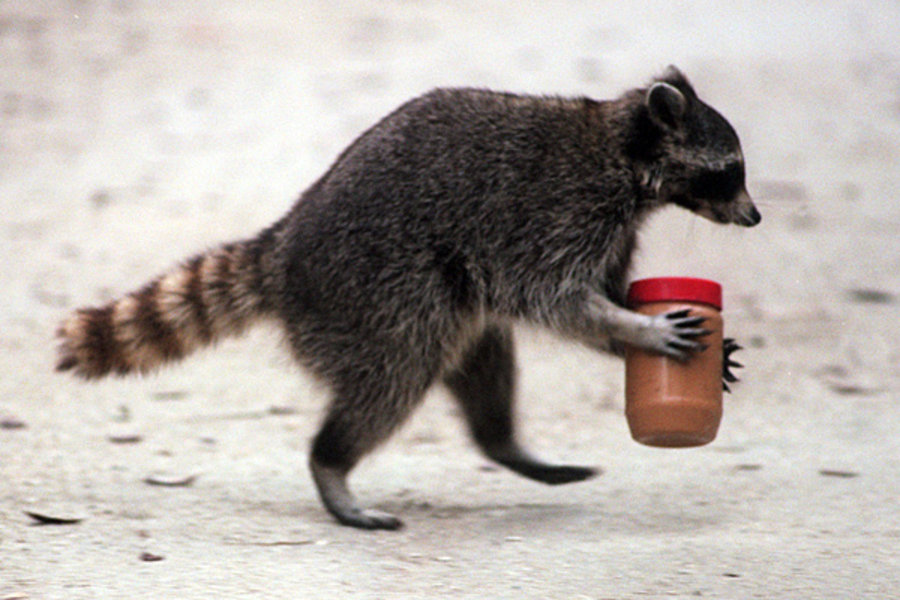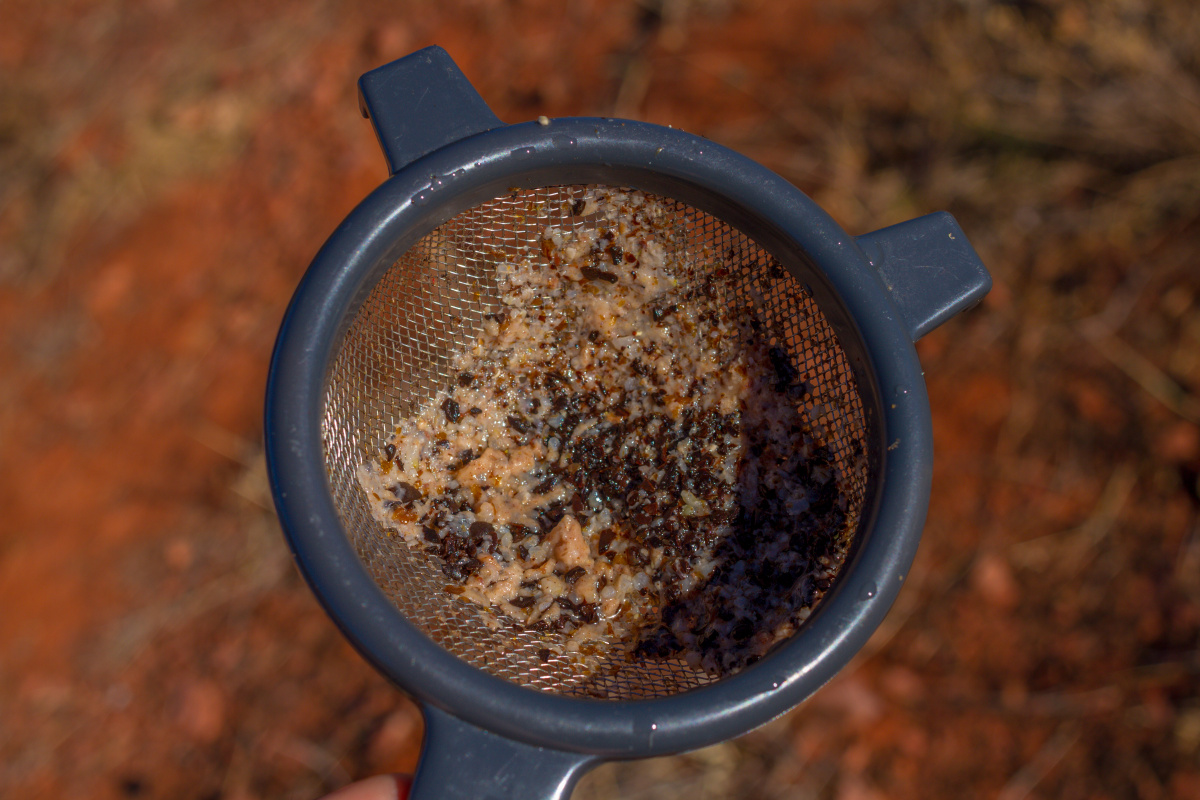Skills & Techniques
Skills Series: Grey Water Disposal


Pocahontas State Park, Virginia: When camping, we produce wastewater, or “grey water,” whenever we wash ourselves or our clothing, clean our dishes or brush our teeth. Check out our video to learn more about how you can protect your favorite camping areas by properly disposing your grey water:
Improper grey water disposal can pollute streams, harm wildlife and diminish other visitors’ experiences, so it’s important to learn how to deal with it properly. Even biodegradable soap can linger a long time in streams and lakes, and the food scraps from dirty dish water can attract wildlife, who learn that campers mean an easy meal.

You can prevent these impacts by bringing along a container to collect grey water. Use this container to catch water if you wash your hands or brush your teeth in camp. We like to use wash bins, but many people use a spare water jug so that they can pack out their grey water in sensitive areas, or when dry-camping or “boon-docking.”
After washing dishes, hands, etc, strain the grey water through a mesh strainer into your container to remove food particles that can attract animals. Empty your strainer into a trash bag and pack out the remaining bits of food or other micro trash. Bonus: on your next camping trip, collect all your strained food scraps in a single container to see how much food you’ve prevented from being left behind on the ground near your site.

It’s always a good idea to check local regulations or ask campground staff how to dispose of your grey water. In some campgrounds, it’s recommended to dispose of grey water in a dedicated utility sink. Other campgrounds have grey water disposal units specifically for this waste. As a last resort, consider disposing of strained grey water in a flush toilet if allowed. If these facilities aren’t available, carry your grey water at least 200 feet away from camp and water, and scatter it widely.
With a little preparation and practice, you’ll have a big positive impact on your favorite camping areas when you dispose of your grey water properly.
Enjoy your world and leave no trace.
Leave No Trace’s Jessie Johnson, Erin Collier, Matt Schneider and Brice Esplin are part of the 2018 Subaru/Leave No Trace Traveling Trainer Program that provides free, mobile education to communities across the country. Proud partners of this program include Subaru of America, REI, Eagles Nest Outfitters, Deuter, Thule, Taxa and Klean Kanteen.
Let’s protect and enjoy our natural world together
Get the latest in Leave No Trace eNews in your inbox so you can stay informed and involved.
